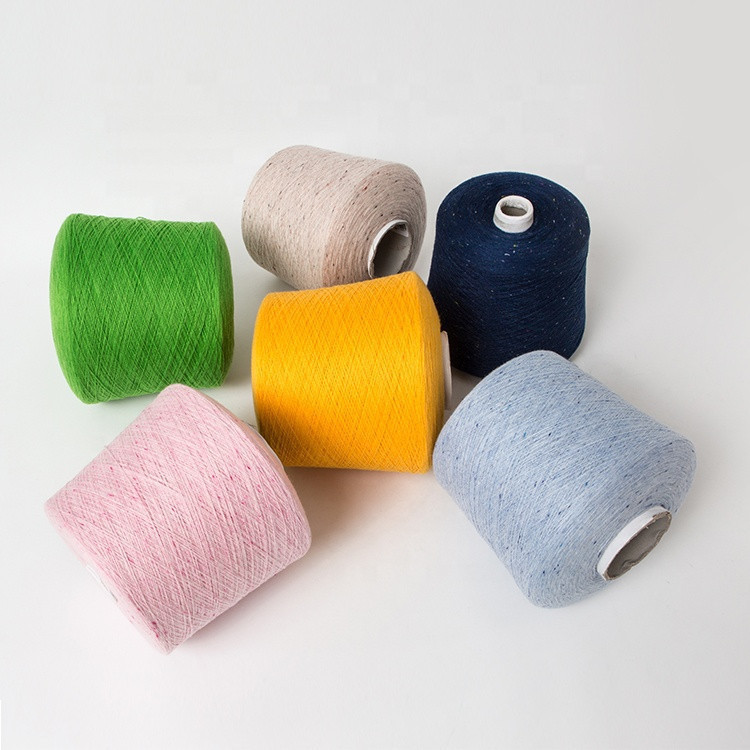Wool becoming is one of the oldest and most important textile industries in the world. The process of turning raw wool into finished goods with numerous steps and especially directed expertise that had been passed down for generations. There have been a large number of methods and strategies for wool processing in many places of the world by wool manufacturers, who have made an elaborate industry environment.
Overview of the Production Process for Wool
The process of turning sheep into finished wool goods begins with the meticulous gathering and shearing of raw wool. Wool producers use trained personnel to sort the wool according to its fineness, length, and quality. Scouring is the first step in preparing raw wool, which eliminates contaminants like oil and grime. To clean the wool successfully and with the least amount of water, cutting-edge wool producers use present-day washing machines and eco-friendly detergents.
The wool passes through carding machines after cleansing, which straighten the fibers and get rid of any leftover debris. After that, the carded wool is spun using various techniques to create worsted or woolen yarn. Complex gear that can provide a range of yarn weights and styles to satisfy diverse market demands is housed in manufacturing facilities.
Conventional and Contemporary Manufacturing Processes
While manual labor was a major component of ancient wool manufacturing methods, modern wool manufacturers have embraced automation and technology. Higher production rates and constant quality are guaranteed by computer-controlled machinery used in modern facilities. However, to produce high-quality goods, some high-end wool products still need to be made by talented artisans using a combination of conventional methods and contemporary tools.
A further essential step in the production of wool is the dyeing procedure. State-of-the-art dyeing facilities employ environmentally friendly procedures and exact color-matching technology. While preserving the strength and quality of wool fibers, manufacturers must carefully regulate temperature, time, and chemical concentrations to get the required colors.
Indian Wool Production
Significance in History
India has a unique position in the world’s wool production industry. The nation has a centuries-old history of producing wool, with several regions honing their unique techniques for processing and producing wool products. Because of their good climate and proximity to wool-producing regions, the northern regions in particular have become important hubs for wool industrial activity.
The State of the Industry Today
India’s wool enterprise has changed dramatically over the previous couple of decades. Wool from each home and foreign assets is processed in ultra-modern centers. The sector is incredibly flexible, fusing traditional wisdom with modern production techniques. The production of superior wool products that satisfy global standards has earned Indian wool producers acclaim.
Manufacturing Proficiencies
From processing raw wool to producing final goods, Indian wool producers have a wide range of manufacturing skills. The manufacturing facilities range in size from small-scale businesses to vast integrated complexes. These producers exhibit a wide range of production capabilities by handling different types of wool, such as local and fine merino wool.
Manufacturing Innovation and Technology
Cutting-Edge Technology
Modern wool production is mostly dependent on advanced machinery. Computerized quality control systems, precise spinning frames, and automated sorting systems are some of the newest machinery. These developments in technology enable producers to boost production efficiency while maintaining constant quality.
Systems of Quality Control
Quality control is essential to the production of wool. Strict quality control procedures are followed throughout the production process in manufacturing plants. Current testing apparatus aids in keeping an eye on product standards, fiber strength, and uniformity. Frequent quality inspections guarantee that final goods fulfill client expectations and necessary standards.
Sustainable Methods
Environmental awareness has grown in importance in the production of wool. Contemporary manufacturers use waste reduction techniques, energy-efficient equipment, and water recycling systems. Eco-friendly processing techniques that reduce environmental effects without sacrificing product quality have been implemented by numerous establishments.
Impact of Global Markets: Wool is made based on international market needs. The output needs to follow shifting consumer tastes. It is important to produce a wide range of products at the same high standard in the global economy.
Adaptability in Production: Wool producers that are successful exhibit exceptional flexibility in their production methods. They may quickly modify manufacturing settings to satisfy changing market demands. Handling various wool varieties and producing goods with certain qualities are both examples of this adaptability.
Evolution of the Industry: Due to shifting consumer needs and technology breakthroughs, the wool manufacturing industry is always changing. While upholding conventional quality standards, manufacturers are placing more and more emphasis on creating novel products. Digital technology integration in industrial processes is a major trend influencing the direction of the sector.
Business Prospects: New awareness about natural fibers and sustainable fashion presents new opportunities for wool producers. Home and foreign markets still demand high-quality wool products. Manufacturers who can integrate sustainable practices with high-quality production will be well set up for future growth.
Effect on the Economy and Creation of Jobs: An important factor in economic growth is the wool manufacturing industry. Manufacturing plants offer jobs for people with a range of abilities, from technical know-how to fundamental operations. In both urban and rural locations, the sector generates economic possibilities and supports a wide range of ancillary services.
Conclusion
The wool manufacturing sector combines contemporary technology with historical knowledge. Global wool manufacturers in India are always evolving and adapting to suit shifting consumer needs while preserving the quality of their products. The industry’s future is bright as producers adopt sustainable methods and innovative technologies while maintaining the essential elements of wool production and processing

